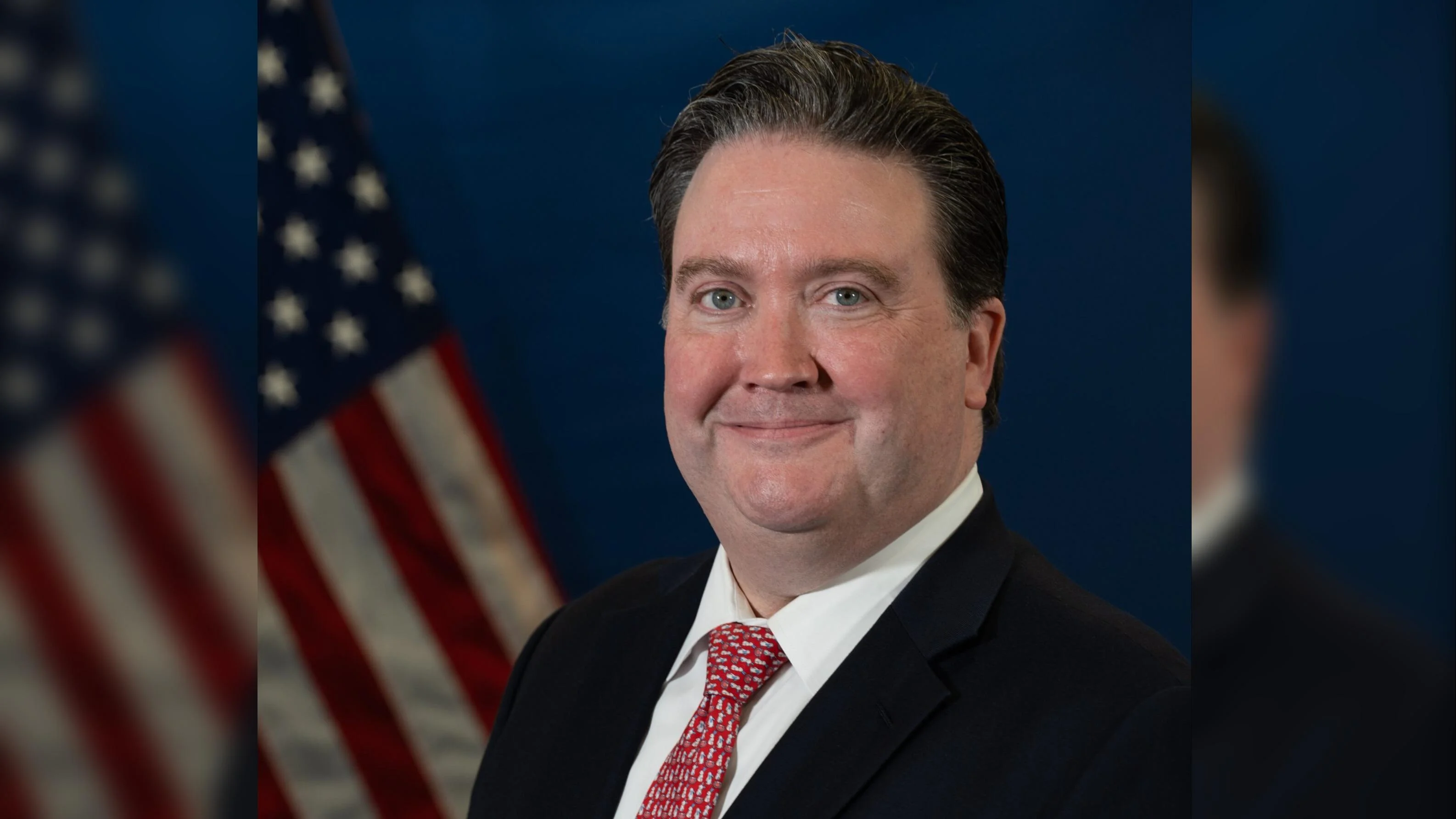The U.S. Embassy in Hanoi’s EducationUSA office organized the Fall 2025 U.S. Higher Education Fair on September 24 at the Melia hotel. The event brought together representatives from 60 accredited American universities and colleges, including research universities, liberal arts colleges, and community colleges. These institutions will also participate in similar fairs in Ho Chi Minh City on September 26 and Da Nang on September 27 to provide information about undergraduate and graduate programs across a variety of fields.
Vietnam is currently the sixth-largest source of international students in the United States and leads among ASEAN countries. In the academic year 2023-2024, there were 22,066 Vietnamese students enrolled in higher education institutions across the United States, with nearly half focusing on STEM fields. The top destinations for these students include California, Texas, Massachusetts, Washington, and New York. According to recent data, Vietnamese students contributed over $1 billion to the U.S. economy during this period.
The fair aims to strengthen educational ties between Vietnam and the United States as both countries continue to develop their Comprehensive Strategic Partnership (CSP). Organizers hope that Vietnamese graduates from U.S. institutions will support Vietnam’s workforce development goals by bringing back skills such as critical thinking and leadership.
At the opening of the fair, U.S. Ambassador Marc E. Knapper stated: “The United States offers world-class education opportunities, and the increasing number of Vietnamese students attending U.S. colleges and universities highlights the growing recognition of these opportunities and their commitment to academic excellence. Through study in the United States, Vietnamese are equipping themselves with the leadership skills to return to Vietnam and contribute to Vietnam’s ambitious goals for economic growth, particularly in high-tech sectors.”
EducationUSA provides free information about studying at accredited postsecondary institutions in America through its office at the U.S. Mission to Vietnam. Students or parents seeking guidance on visas are encouraged to visit travel.state.gov for official details or refer to updates available on the Vietnamese version of the embassy website: Các Dịch vụ Thị thực Hoa Kỳ – Đại sứ quán và Tổng Lãnh sự quán Hoa Kỳ tại Việt Nam. EducationUSA also advises against using unverified consultancies that claim they can secure student visas.
Since upgrading bilateral relations under CSP status, several initiatives have been launched by the U.S. Mission aimed at strengthening educational cooperation between both nations. Earlier this year as part of an International Academic Partnership Program marking three decades of diplomatic relations, forty senior academic leaders from twenty-two American institutions visited Vietnam for meetings with local officials and university representatives in Hanoi and Ho Chi Minh City between March 31 and April 4. Seed grants have been awarded for joint STEM projects between Vietnamese and American universities; some new collaborative projects and student exchanges have already begun as a result.
The Fulbright Program remains a key element of bilateral educational exchange efforts; it enables Americans to study or teach abroad while supporting Vietnamese scholars pursuing activities in America. In 2025 there are currently forty-seven Vietnamese fellows based in America under Fulbright auspices alongside forty-eight American fellows working in Vietnam.

